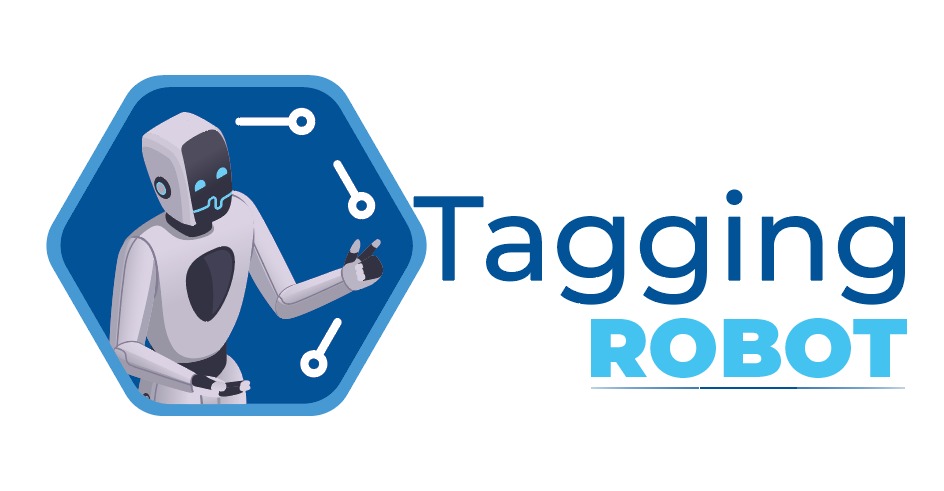In the ever-evolving landscape of technology, quantum computing stands out as a revolutionary field with the potential to redefine our understanding of computation and problem-solving. Among the emerging advancements in this domain, QXEFV has garnered significant attention. This article delves into the intricacies of QXEFV, exploring its foundations, innovations, and potential impact on the future of quantum computing.
Understanding Quantum Computing
To appreciate the significance of QXEFV, it’s essential first to grasp the basics of quantum computing. Unlike classical computers, which use bits to process information in binary (0s and 1s), quantum computers use quantum bits or qubits. Qubits can exist simultaneously in multiple states thanks to the principles of superposition and entanglement, allowing quantum computers to perform complex calculations at unprecedented speeds.
The Emergence of QXEFV
QXEFV, an acronym for Quantum eXtended Entanglement Feedback Vertex, represents a breakthrough in enhancing the capabilities of quantum systems. This concept revolves around optimizing qubit entanglement, a fundamental quantum property where qubits become interdependent in such a way that the state of one directly influences the state of another, regardless of distance.
Key Innovations of QXEFV
- Enhanced Entanglement Stability: One of the primary challenges in quantum computing is maintaining stable entanglement over extended periods. QXEFV introduces a novel feedback mechanism that dynamically adjusts the entanglement parameters, significantly improving stability and coherence time.
- Scalability and Integration: QXEFV provides a scalable framework for integrating a larger number of qubits without compromising their entangled states. This scalability is crucial for developing practical quantum computers capable of solving real-world problems.
- Error Correction: Quantum systems are highly susceptible to errors due to decoherence and other quantum noise. QXEFV incorporates advanced error correction protocols that leverage the extended entanglement to detect and correct errors more efficiently, enhancing the overall reliability of quantum computations.
Applications and Implications
The advancements brought forth by QXEFV have far-reaching implications across various fields:
- Cryptography: Quantum cryptography, which promises unbreakable encryption, stands to benefit immensely from QXEFV’s enhanced entanglement stability, ensuring secure communication channels.
- Drug Discovery: Quantum computing’s potential to model complex molecular interactions can revolutionize drug discovery. QXEFV’s scalability allows for more accurate simulations, accelerating the development of new medicines.
- Optimization Problems: From logistics to financial modeling, many industries face complex optimization problems. QXEFV-enabled quantum computers can tackle these challenges more efficiently, providing optimized solutions that were previously unattainable.
The Road Ahead
While QXEFV marks a significant milestone, the journey towards fully functional and commercially viable quantum computers continues. Ongoing research and collaboration between academia, industry, and governments are crucial to overcoming the remaining technical hurdles. As QXEFV technology matures, we can anticipate a transformative impact on various sectors, ultimately ushering in a new era of computational possibilities.
Conclusion
QXEFV represents a pivotal advancement in the quest to harness the power of quantum computing. By enhancing entanglement stability, scalability, and error correction, QXEFV paves the way for more robust and capable quantum systems. As researchers and developers continue to explore the potential of this innovative framework, the promise of quantum computing inches closer to becoming a reality, poised to revolutionize technology and society in profound ways.
FAQs About QXEFV
What is QXEFV?
QXEFV stands for Quantum eXtended Entanglement Feedback Vertex. It is a groundbreaking advancement in quantum computing that focuses on optimizing qubit entanglement, which is crucial for the stability, scalability, and error correction of quantum systems.
Also Read: OMGFlix: Revolutionizing the Streaming Landscape
How does QXEFV improve entanglement stability?
QXEFV introduces a dynamic feedback mechanism that adjusts entanglement parameters in real-time. This innovation significantly enhances the stability and coherence time of entangled qubits, which is essential for reliable quantum computations.
Why is entanglement important in quantum computing?
Entanglement is a fundamental property of quantum mechanics where qubits become interdependent, meaning the state of one qubit can instantly influence the state of another, even over long distances. This property is crucial for many quantum computing operations and protocols, including quantum teleportation and quantum cryptography.
What are the main benefits of QXEFV?
- Enhanced Stability: Improved maintenance of entangled states over longer periods.
- Scalability: Ability to integrate more qubits into the system without losing coherence.
- Error Correction: More efficient detection and correction of quantum errors, leading to more reliable computations.
How does QXEFV contribute to quantum error correction?
QXEFV leverages its enhanced entanglement capabilities to implement more advanced error correction protocols. These protocols detect and correct errors caused by decoherence and other quantum noise more effectively, improving the overall accuracy and reliability of quantum computations.
What are the potential applications of QXEFV?
- Cryptography: Ensuring secure communication channels through quantum cryptography.
- Drug Discovery: Facilitating more accurate simulations for developing new medicines.
- Optimization Problems: Solving complex optimization challenges in logistics, finance, and other industries more efficiently.
How does QXEFV affect the scalability of quantum computers?
QXEFV’s framework supports the integration of a larger number of qubits while maintaining their entangled states. This scalability is vital for developing practical quantum computers capable of handling complex and large-scale problems.
What challenges does QXEFV address in quantum computing?
QXEFV addresses several critical challenges, including:
- Maintaining stable entanglement over extended periods.
- Integrating more qubits without compromising their entangled states.
- Implementing efficient error correction mechanisms to mitigate quantum noise.
How close are we to having practical quantum computers with QXEFV?
While QXEFV marks a significant milestone, fully functional and commercially viable quantum computers still require further research and development. Collaboration between academia, industry, and governments is essential to overcome remaining technical hurdles and bring practical quantum computing closer to reality.
Who is leading the development of QXEFV?
Development of QXEFV involves collaboration among leading quantum computing research institutions, technology companies, and academic researchers. Specific contributors vary as the field is highly interdisciplinary and collaborative.
Where can I learn more about QXEFV?
To learn more about QXEFV, you can explore academic journals, attend conferences on quantum computing, and follow updates from research institutions and technology companies involved in quantum computing advancements.
Can QXEFV be applied to current quantum computers?
QXEFV is designed to be compatible with existing quantum computing frameworks, enhancing their capabilities. As the technology matures, it can be integrated into current quantum systems to improve their performance and reliability.


Leave a Reply